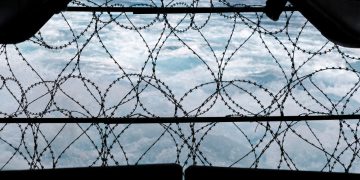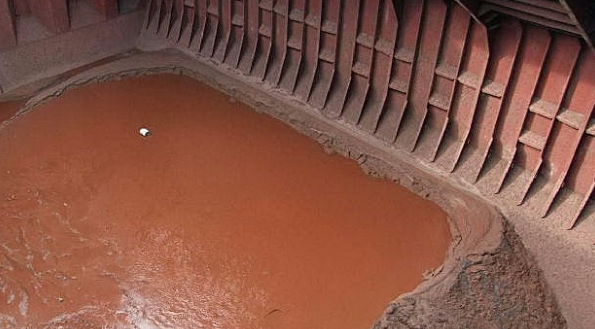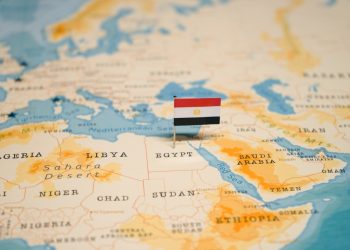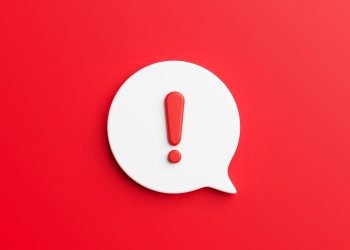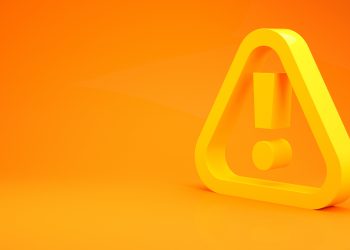INTERCARGO issued a reminder on the wet season in Indonesia, which runs from October to April, warning that this year there has been unusually heavy rainfall in the region resulting in significant congestion at both loading and unloading ports in Asia.
The heavy rainfall increases the risk of Nickle Ore and other Group A cargoes (i.e. cargoes that may liquefy) being shipped with a Moisture Content (MC) above its Transportable Moisture Limit (TML). The transportation of Group A cargoes with a MC above its TML can lead to cargo failure (liquefaction/dynamic separation) with catastrophic results. In addition, INTERCARGO Secretariat informed of a case in Indonesia, where nickel ore has been mis-declared as iron ore.
In view of this, the association reminds those trading in the area to be especially cautious when accepting cargoes from Indonesia and the surrounding region during the wet season and especially at times of heavy rainfall.
It is recommended that the available guidance and information is sent to the vessel prior to loading and that the Master confirms receipt and understanding of same. Members are also reminded that the current edition of the IMSBC Code containing the latest amendments and guidance is the 2016 edition which should be available onboard.
Both the shippers and the vessel’s Master have responsibilities under the IMSBC Code and Members must endeavor to support the master to the fullest extent in his decisions in order to ensure that only safe cargo is loaded.
Due to very real dangers and potentially disastrous results associated with the liquefaction of nickel ore cargoes where the MC exceeds the TML, the American Club recommends that the services of an experienced cargo surveyor be engaged to ensure that only safe cargo is loaded in accordance with the requirements of the IMSBC Code.
In early 2017, the London P&I Club, in cooperation with TMC Marine and Bureau Veritas, issued operational guidance for vessels that carry cargoes which may liquefy. Explore more here.







